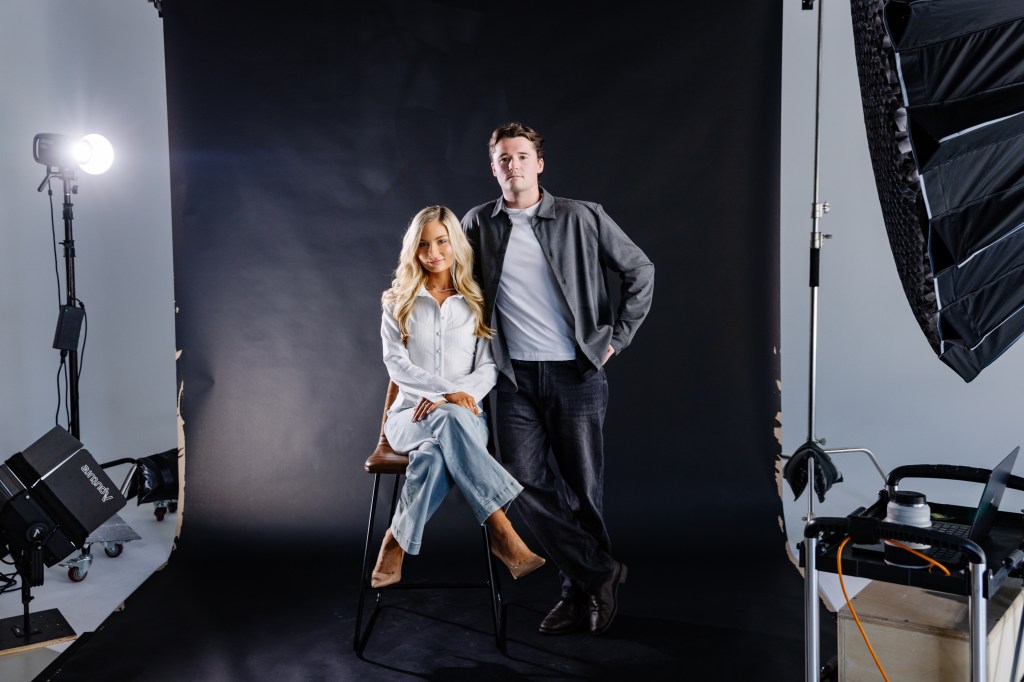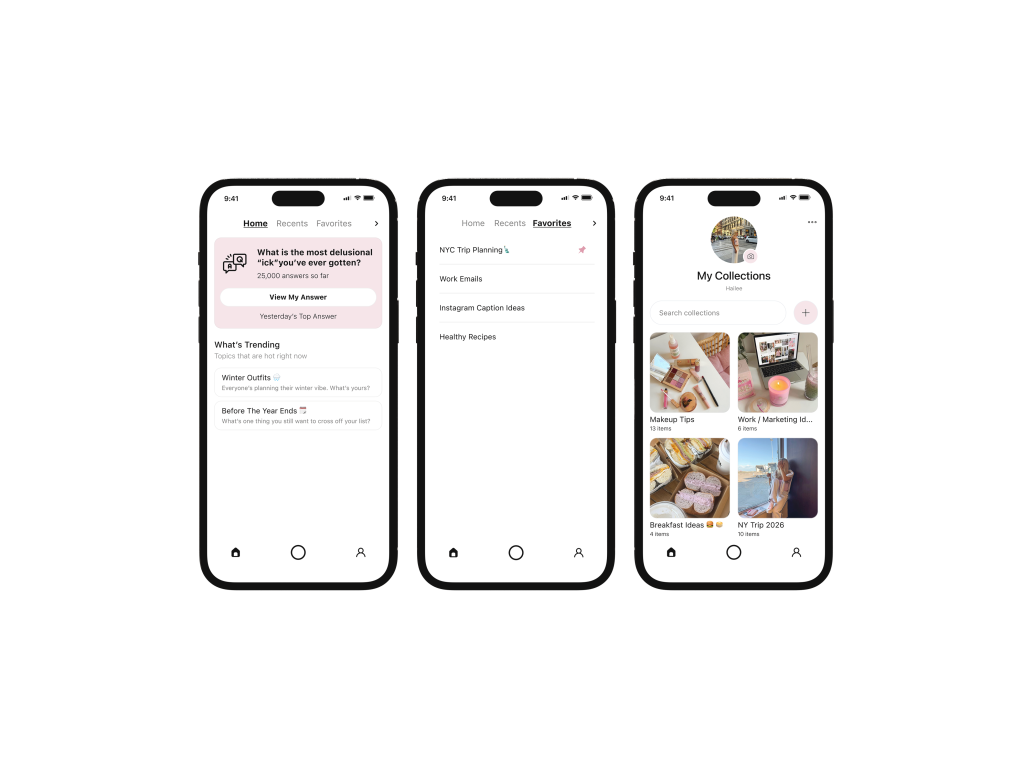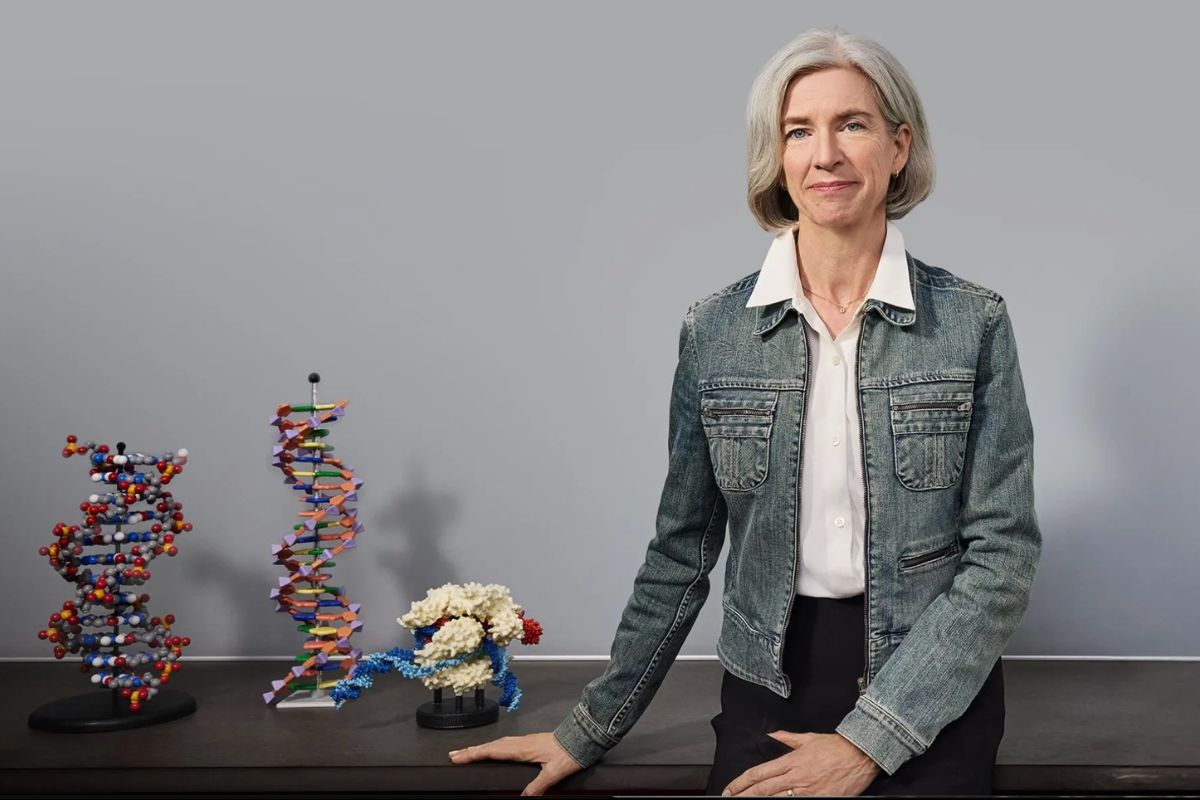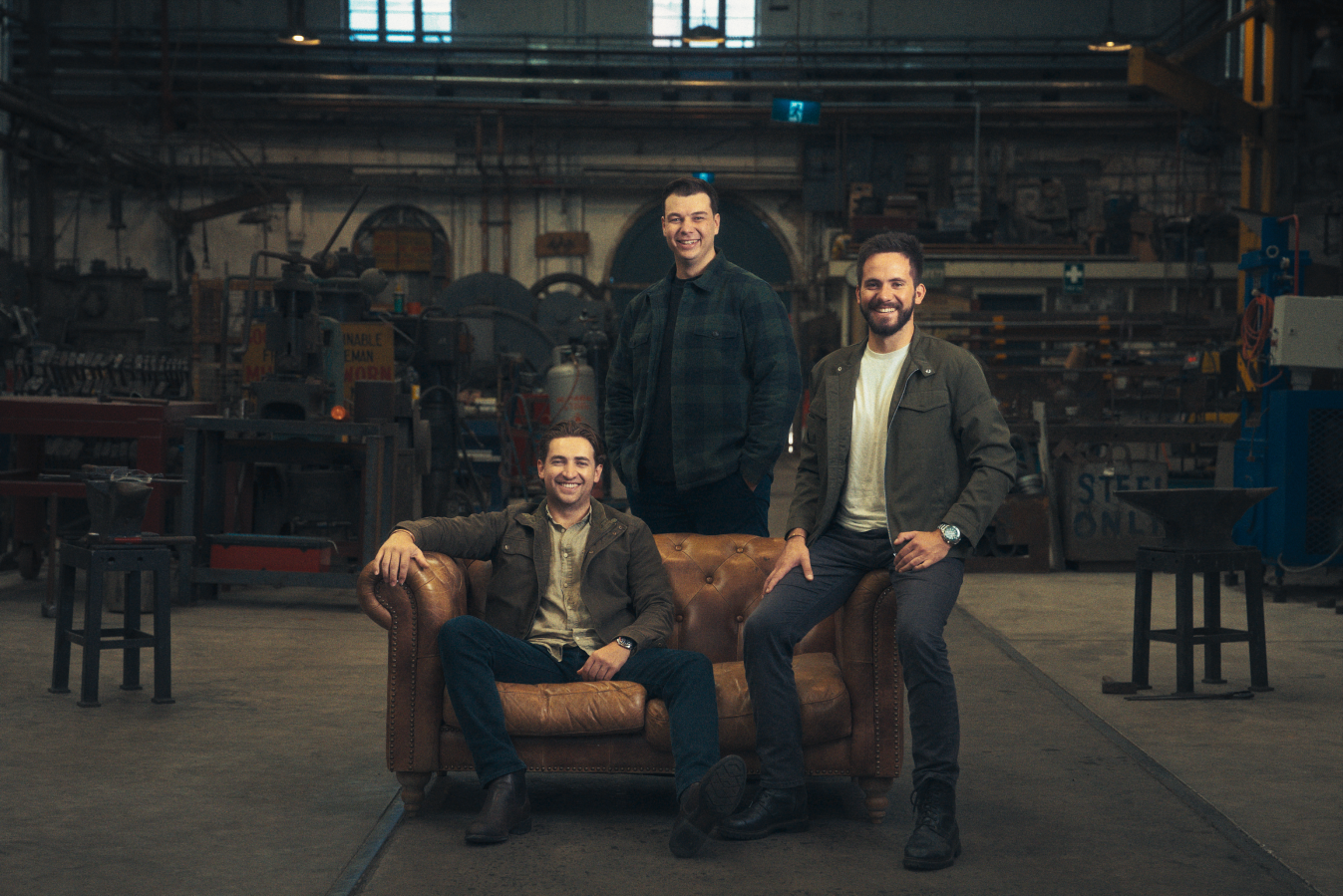High-school-sweethearts-turned-startup-founders Scarlett Frazer and Iestyn Thomas are headed to Silicon Valley to raise funds in a bid to prove the future of AI is feminine.

When Australian influencer Scarlett Frazer first started using AI tools to help manage her life and work, she noticed something was missing: traditional AI models (like OpenAI-built ChatGPT) felt cold – masculine even. With a 95%-female audience, she began to notice a gap.
“It [AI] is tone deaf to how women actually communicate,” she says. “My audience is constantly in my DMs asking for advice on everything from work to relationships. I realised women need intelligent answers to real questions at the tap of a button.”
This idea became the genesis of Frazer and Thomas’ AI brainchild, Pinktech, which the pair claim is the world’s “first emotionally intelligent AI app” designed exclusively for women.
The pair say Pinktech is coded specifically for women aged 18 to 40, and combines ChatGPT’s intelligence with Pinterest’s ability to save, organise and come back to things like breakfast recipes, work noes, TikTok ideas and travel plans.
“Our emotional intelligence layer recognises tone, context, and intent, so it adapts to how you like to be spoken to,” Thomas says. “We’re one of the first AI platforms to start with an onboarding conversation, where your assistant learns all about you, your lifestyle, communication style, and how you like information delivered – so it already understands you before you send the first message.”
Bias in AI is widely reported – for example, Charles Sturt University researchers analysed the use of DALL-E-3 (the text-to-image GenAI tool by ChatGPT) found that while 54.3% of undergraduate medical students in Australia were women, only 39.9% of artificially generated figures were female. A 2023 study by Bloomberg found text-to-image GenAI engines were likely to take gender and racial disparities to the extreme. Women are also about 25% less likely to adopt AI than men.
“I wanted to create something accessible, feminine, and comforting, with the same emotional warmth and visual organisation that makes Pinterest so addictive,” Frazer says. “Because if AI is going to live in your pocket, it should feel good to use.”
While the app’s full feature set launches later this month, its signature ‘Notes and Collections’ function allows users to save, organise, and revisit ideas, recipes, and chats inside aesthetic, searchable folders. “You can save a strawberry cheesecake recipe into your Dessert Ideas collection instead of endlessly screenshotting and losing it later,” Frazer says.

The couple who have been together for more than a decade, claim they’ve so-far invested six figures in funding (through a mix of external backing and their own capital) to build the product, and are now headed to the US to raise a seven-figure seed round. Their plan is to base the business in the US, where they say the market is both faster and more ambitious.
“If you win in the US, you win globally,” says Thomas. “The seed round is all about growth, expanding the team, strengthening our backend, and pushing our functionality and latency to the standard the US market expects.”
From a commercial standpoint, the pair say they see huge opportunity in what they call feminine-coded AI, and claim that despite being in stealth-mode (a decision they made to protect Pinktech’s IP) they’ve had a high level of inbound interest from investors and industry peers.
With fears of an AI bubble and gold prices at a near-record-high, it could be a tricky environment to raise capital in, but Thomas says the pair aren’t concerned.
“Good products cut through the noise,” he says. “I don’t have my head in the sand. I know the AI space is crowded and investors are tired of products that spike for a week and disappear. What matters in today’s market is real usage, not hype. Proof in the numbers. That will be the backbone of our pitch.”
Frazer, who has built a combined audience of more than half a million across TikTok and Instagram, says that her background as a creator gives Pinktech a unique marketing advantage. “I’ve spent years analysing what women actually respond to, emotionally and culturally,” she says. “This isn’t a boardroom launch. It’s being built in real time with over 600,000 women watching. My goal is for Pinktech to feel like a cultural statement, not just a product.”
The pair say their dynamic (she’s the creative, he’s the strategist) is also their strength. “We respect each other’s lanes but share the same vision,” says Frazer. “The reality is a lot of late nights and strategy sessions over wine. We’re both completely possessed by Pinktech, and we wouldn’t have it any other way.”
Looking ahead, the vision for Pinktech extends beyond its use as an assistant. With the right funding, the pair say it could expand into a full lifestyle ecosystem. They don’t elaborate much on what that means, but Frazer admits she has some “out-of-the-box” ideas for where it could go. Crucially, they want it to be known that they’re not competing with AI giants like OpenAI or Anthropic.
“They build the engines,” Thomas says. “Pinktech builds the experience women actually want to use,” he says. “The more a woman uses Pinktech, the more the product fits the way she thinks. That cannot be copied with scale and it cannot be replaced by a generic assistant. That is where Pinktech wins.”
Look back on the week that was with hand-picked articles from Australia and around the world. Sign up to the Forbes Australia newsletter here or become a member here.


